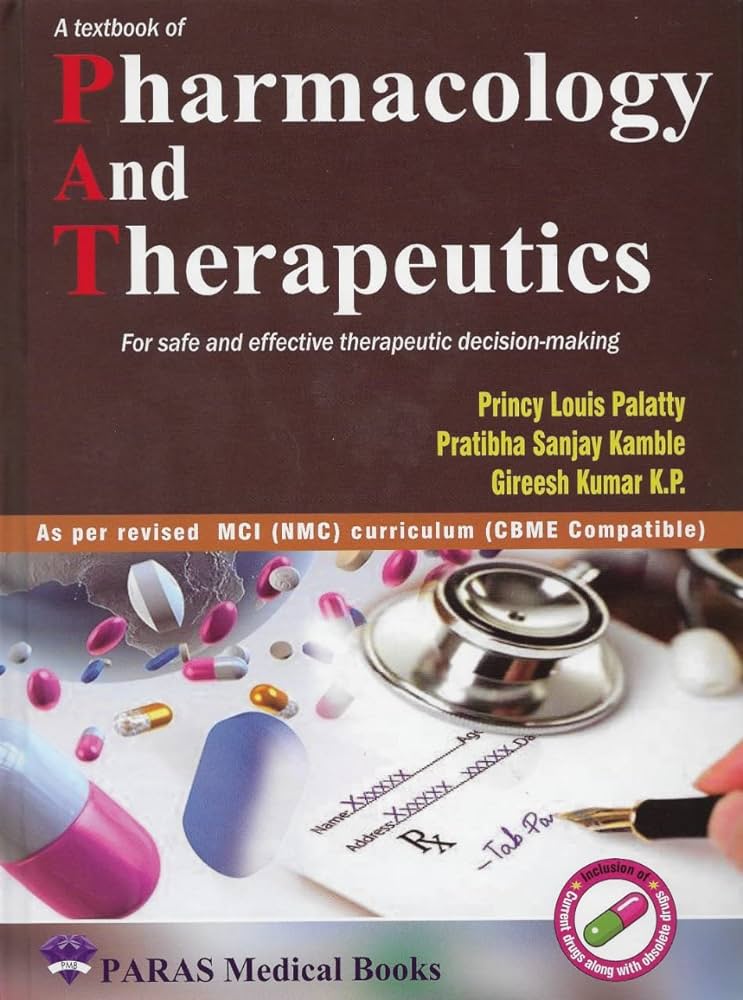游离脂肪酸受体-4 (FFA4/GPR120)的偏激激动作用。
IF 12.5
1区 医学
Q1 PHARMACOLOGY & PHARMACY
引用次数: 0
摘要
游离脂肪酸受体-4 (FFA4),以前称为GPR120,是一种G蛋白偶联受体(GPCR),由中长链游离脂肪酸(FFAs)激活,包括饱和、单不饱和和多不饱和脂肪,其中许多(例如ω -3脂肪酸)是人类健康和疾病的关键因素。FFA4在人体组织中广泛表达,其激活支持一系列生理功能,包括胃肠胰促胰岛素激素的释放,如胰高血糖素样肽-1 (GLP-1),调节胰腺激素分泌,外周葡萄糖摄取,脂肪调节和巨噬细胞的抗炎反应。由于其在能量代谢和炎症中的关键作用,FFA4已成为药物发现的主要靶点。历史上,FFA4信号通路与细胞内异三聚体G蛋白的Gαq/11家族有关,介导其GLP-1释放作用。然而,新出现的证据表明,FFA4可以在各种细胞环境下通过其他Gα蛋白发出信号。值得注意的是,它的抗炎作用也依赖于与β-抑制蛋白的相互作用,进一步扩大了受体的信号多功能性。这篇综述探讨了FFA4的偏倚激动作用的概念,强调了该受体如何通过不同的转导途径(包括Gα蛋白和β-阻滞蛋白)选择性地发出信号。我们还研究了FFA4控制其与不同信号伙伴相互作用的关键结构要素,其阐明为开发旨在选择性调节这些FFA4介导的治疗应用途径的偏倚激动剂奠定了基础。本文章由计算机程序翻译,如有差异,请以英文原文为准。
Biased agonism at free-fatty acid receptor-4 (FFA4/GPR120)
Free-fatty acid receptor-4 (FFA4), previously known as GPR120, is a G protein-coupled receptor (GPCR) activated by medium-to-long chain free fatty acids (FFAs), including saturated, monounsaturated, and polyunsaturated fats, many of which (e.g., omega-3 fatty acids) are critical contributors to human health and disease. FFA4 is widely expressed across human tissues, and its activation supports a range of physiological functions, including the release of gastrointestinal incretin hormones like glucagon-like peptide-1 (GLP-1), regulation of pancreatic hormone secretion, peripheral glucose uptake, adipose regulation, and anti-inflammatory responses in macrophages. Due to its pivotal role in energy metabolism and inflammation, FFA4 has emerged as a major target in drug discovery. Historically, FFA4 signaling was linked to the Gαq/11 family of intracellular heterotrimeric G proteins, which mediate its GLP-1 releasing effects. However, emerging evidence indicates that FFA4 can signal through other Gα proteins in various cellular contexts. Notably, its anti-inflammatory effects are also dependent on interactions with β-arrestin proteins, further broadening the receptor's signaling versatility. This review explores the concept of biased agonism at FFA4, emphasizing how this receptor selectively signals through distinct transduction pathways, including Gα proteins and β-arrestins. We also examine the key structural elements of FFA4 that govern its interactions with different signaling partners, the elucidation of which has laid the groundwork for the development of biased agonists aimed at selectively modulating these FFA4-mediated pathways for therapeutic application.
求助全文
通过发布文献求助,成功后即可免费获取论文全文。
去求助
来源期刊
CiteScore
23.00
自引率
0.70%
发文量
222
审稿时长
90 days
期刊介绍:
Pharmacology & Therapeutics, in its 20th year, delivers lucid, critical, and authoritative reviews on current pharmacological topics.Articles, commissioned by the editor, follow specific author instructions.This journal maintains its scientific excellence and ranks among the top 10 most cited journals in pharmacology.

 求助内容:
求助内容: 应助结果提醒方式:
应助结果提醒方式:


